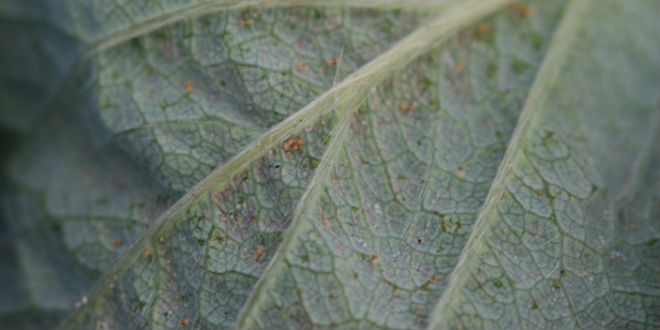Feb 16, 2017Time to scout spider mites in strawberries
Warm early spring weather, coupled with a mild winter, has set the stage for early pest activity in some crops. For strawberry growers, now is the time to start scouting for twospotted spider mites. Spider mites in strawberries can significantly impact yield when they feed on plants early in the spring. Damage that occurs before strawberry plants start fruiting has the greatest potential to reduce yield, so protecting plants at the early stages of bloom is critical.
We recommend treating pre-fruiting strawberry plants if more than 5 mites are present per leaflet (one third of a leaf). Once strawberry harvest starts, plants can tolerate much higher rates of infestation.
To determine if mites are present at densities requiring treatment, strawberry growers should select a random sample of 10 leaflets per acre and count the number of mites present. There are number of ways that mites can be counted. The easiest way is to observe leaves under a hand lens or using the magnification on your cell phone camera (that’s how the image above was taken). In our lab, we use a mite brush to group leaf samples on to one glass plate to count, as illustrated in this video:
If mites are present at densities approaching 5 per leaflet, select a material that is effective against all life stages (eggs, larvae, and adults), such as Acramite, Kanemite, or Portal. A single, well timed treatment using on of these materials can provide suppression for several weeks, and more than one treatment may not be needed. See the NC Agricultural Chemicals Manual for additional application recommendations.
Organic growers should be particularly vigilant because organically acceptable mite-management tools, such as predatory mites and horticultural oils, take longer to suppress twospotted spider mite populations and may need to be applied multiple times.
— Hannah Burruack, North Carolina State University
Source: North Carolina Cooperative Extension















